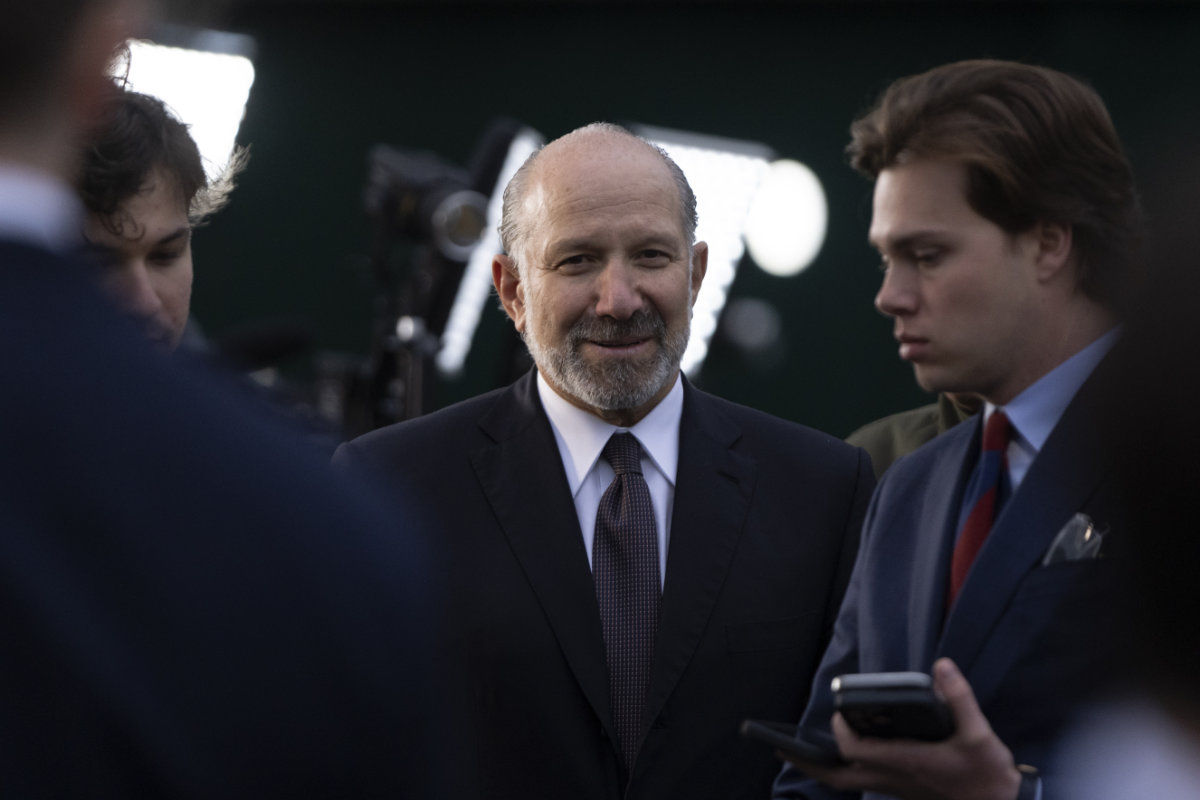DHAKA: Seven years after a brutal military crackdown in Myanmar forced Hasina Begum and her family to flee across the border to Bangladesh, life has been nothing but a struggle.
The mother of four was one of more than 730,000 Rohingya who fled to Bangladesh in August 2017 to escape atrocities and persecution that according to the UN have amounted to genocide. Sunday, known as “Rohingya Genocide Day,” marked the anniversary of their mass exodus.
“There is no way out of the agony. Here, we have been living a life that is full of struggle, uncertainty, insecurity, and with no hope for the future,” Begum told Arab News.
Though the Rohingya have faced decades of systematic discrimination and persecution in the majority-Buddhist country, life in Bangladesh’s refugee camps was “not a dignified one,” she said.
The Rohingya, which the UN described as “one of the world’s most persecuted minorities,” were not recognized as an indigenous ethnic group in Myanmar, which denies them the right to claim citizenship.
Begum is now among the 1 million refugees living in the overcrowded camps in Cox’s Bazar, which has turned into the world’s largest refugee settlement and where humanitarian aid has dwindled.
“My children are suffering from malnutrition as I can’t provide them with sufficient food. The exorbitant price of daily essentials has put us in an extremely hard situation, and it’s getting tougher day by day,” she said.
International aid for the Rohingya has been dropping since 2020, with the World Food Program reducing food assistance for the refugees since last year after its pleas for donations were not met, deepening food insecurity in the camps.
Yet food was just one of Begum’s many worries, as Rohingya refugees struggle with no working opportunities, a lack of education and proper healthcare, and diminishing hope for a dignified repatriation.
Though the return of the Rohingya to Myanmar has been on the agenda for years, a UN-backed repatriation process has yet to take off despite pressure from Bangladesh and international organizations.
“We have witnessed many discussions in the UN and other regional platforms, but our fates remain the same,” Begum said.
“The superpowers should have done something effective to ensure our repatriation with dignity and rights. But it seems that the major players in the global platforms are driven by their own interests and agendas. Sometimes, it seems to me that we are just like dolls or tools at the whims of superpowers.”
Countries like the US often spoke about the protection of human rights, but Begum said such talks did not translate into real action for the Rohingya.
“In our case, we didn’t see much effort to protect our rights. It’s a shameful situation and seems like a double standard.”
In recent years, many Rohingya have made extremely dangerous voyages across the Indian Ocean to seek better lives, hoping to reach countries like Malaysia or Indonesia. However, the UN estimates that as many as one in eight people die or disappear in the attempt.
The international community “must do more” for his people, said Rohingya rights activist Mohammed Rezuwan Khan.
“The lack of international pressure and failure to take concrete action against the Myanmar junta and Arakan Army only adds to our sufferings and seems to be giving the perpetrators chances to continue their atrocities,” Khan, who along with his family survived the 2017 genocide, told Arab News.
Hundreds of Rohingya have reportedly been killed trying to flee ongoing fighting between Myanmar’s military government and the Arakan Army, an armed ethnic rebel group in Rakhine State, the center location of the 2017 violence.
“Repatriation seems distant, and I fear that even if it happens, the conditions in Myanmar will still not be safe or dignified for the Rohingya, as the Arakan Army and the military junta intensify their targets against the Rohingya,” Khan said.
On Friday, UN High Commissioner for Human Rights Volker Turk was among those who raised concerns over the deteriorating situation in Rakhine, which Amnesty International said was “disturbingly familiar” to the violence against the Rohingya seven years ago.
Yet since 2017, the world’s most powerful countries, like the US, China and Japan, have not put maximum pressure on Myanmar authorities, said Prof. Imtiaz Ahmed, international relations expert and a former lecturer at Dhaka University.
“Since all these countries are members of the UN, (the UN) could have initiated a strong united effort. But that’s not happening here,” Ahmed said.
“A collective effort from the international community is much needed. Just talking won’t do it anymore.”
The recent fighting in Rakhine has brought a new layer to the crisis, but also an opportunity for the international community to “take a chance” at this moment, Ahmed said.
“We have to keep in mind that every crisis creates some opportunities also. If we sit idle to let the crisis over, then there will not be any solution. There is no doubt that there is a big lack of collective effort at the international level.”
In Bangladesh, where hosting Rohingya refugees is costing the government about $1.2 billion per year, international support to ensure a dignified repatriation to Myanmar and a dignified life in waiting was deemed crucial.
“International community should engage more with Myanmar for repatriating the Rohingya, and until then, they should continue to provide support to Bangladesh,” said Mizanur Rahman, Bangladesh’s refugee relief and repatriation commissioner in Cox’s Bazar.
The Rohingya are “severely affected” by “the slow process of resolving the crisis,” which leaves them in “deep, frustrating situations,” he told Arab News.
“If they can’t return to their homeland … many Rohingya are now thinking that the future of their next generation is now at real stake.”
























